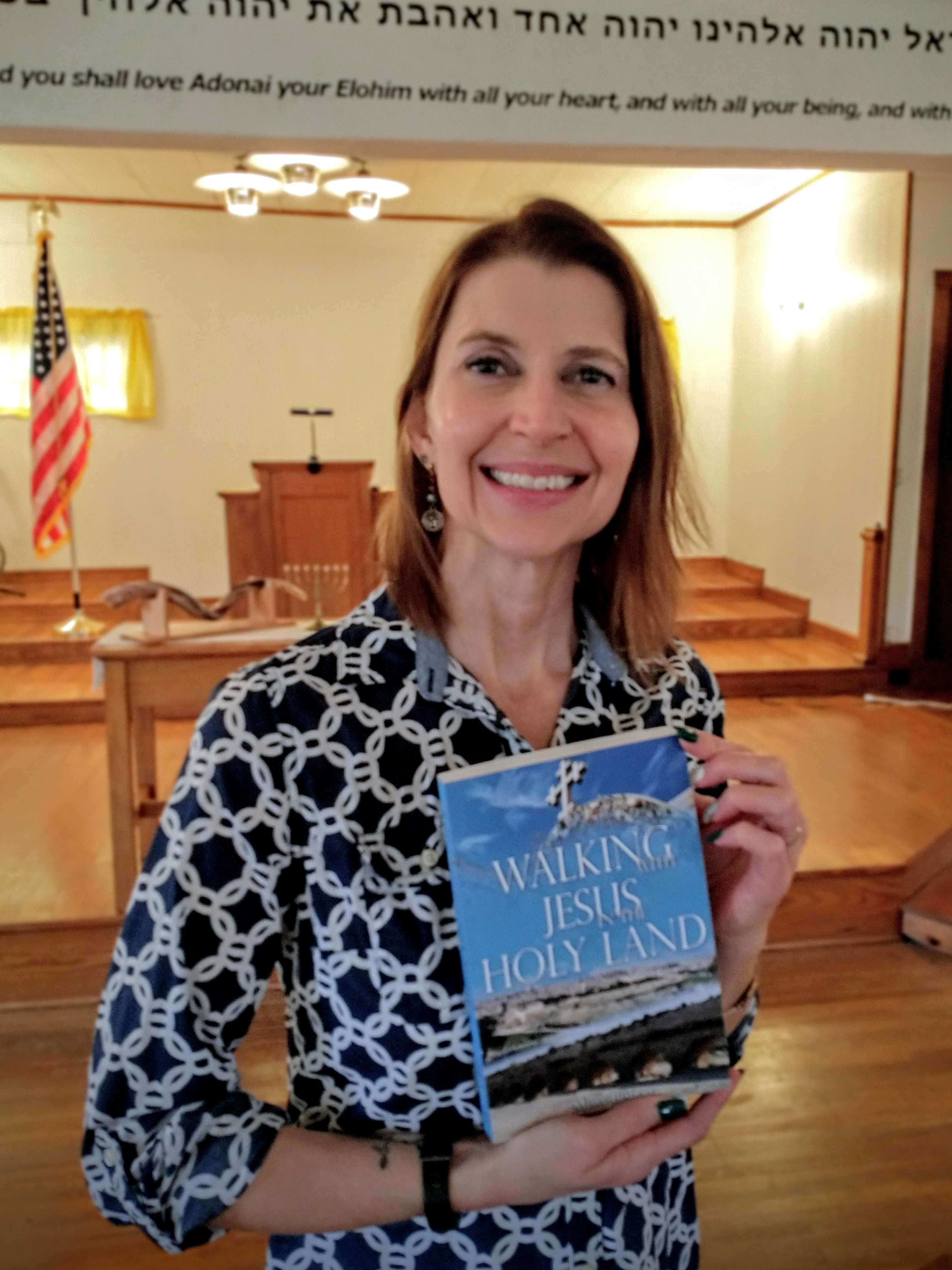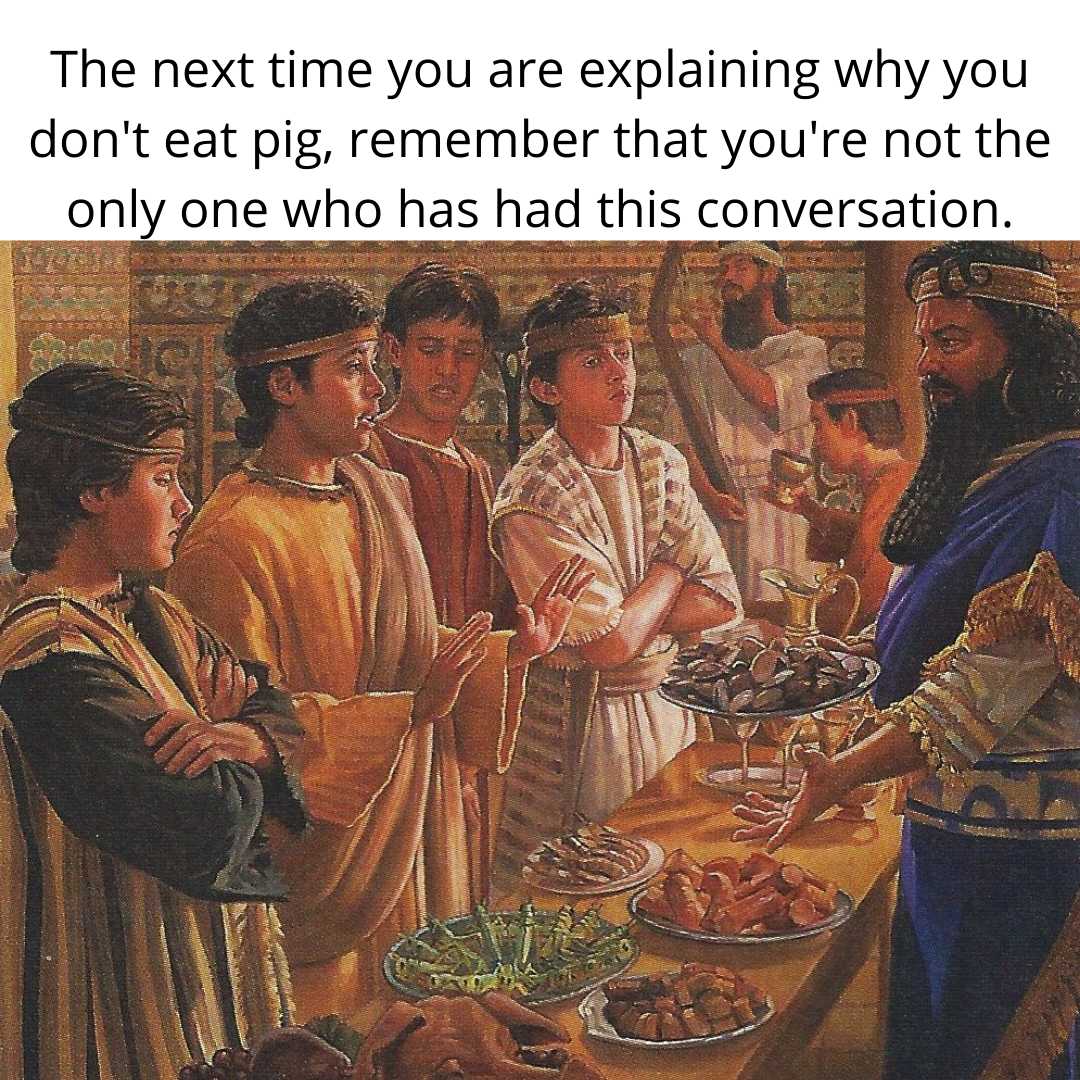Watch
Events
Articles
Market
More
Everyone serves multiple masters all the time, so what did Yeshua mean when he said "No one can serve two masters" in Matthew 6:24? Yeshua frequently used hyperbole in his teachings and this is a good example. He was using an exaggerated statement to teach this principle: When there's a conflict in the instructions of two masters, what determines who you will obey? Is it money, security, prestige, etc.? Or is it God, the ultimate arbiter of all right and wrong?
https://rumble.com/vt5cqy-matt....hew-624-everyone-ser



#exodus 22 is more of the Golden Rule, but the focus is on injustice, what not to do to your neighbor, especially those who are weaker than you. That is one of God's greatest pet peeves. He hates injustice against the poor and defenseless more than anything else. If you ignore all the rest of the Torah but still visit the sick and imprisoned, feed the hungry, defend the weak, and support the fatherless and widows, then you will be closer to God than the greatest Torah scholar who can recite Moses from memory yet does none of those things.
#mishpatim



The more you learn the more you cant unlearn .... the symbology of Hasatan and the hold he has on these generations and its not just the young , it's the older too. Those of us who should be warning are just making excuses for those who choose to be blind. We will be held accountable for what we know and allow , make no mistake ... Yah is not winking at the little foxes or the big ones....
HOLD THE LINE ?



The more you learn the more you cant unlearn .... the symbology of Hasatan and the hold he has on these generations and its not just the young , it's the older too. Those of us who should be warning are just making excuses for those who choose to be blind. We will be held accountable for what we know and allow , make no mistake ... Yah is not winking at the little foxes or the big ones....
HOLD THE LINE ?



Just wanted to do a little bragging if that's ok. Not just because I have the best wife of any Torah Network Member (not up for debate lol), but for the hard work she put in this project of her's has finally came to fruition.
We visited the Holy Land in February of 2019 that absolutely changed the people we are. She has since wrote about our trip via a devotional format that contains 40 devotionals and is chock full of photos taken on the trip.
I am so proud of the labor of love she has placed in this for the last two years.
It is her sincere prayer that anyone that reads along will be able to experience the same life changing encounters we had on this pilgrimage.
https://www.amazon.com/Walking....-Jesus-Holy-Melissa-




Shalom Chaverim,
We are planning to have 2 specific instruction meetings in the next 2 days:
Monday, Jan 24, 16:00 Israeli time
Register for vaxcontrolgroup.com+
Get your Control Group participant letter
https://meet.jit.si/SpringConferenceIsrael22
Tuesday, Jan 25, 16:00 Israeli time
Get your Control Group participant letter+
Fill out Exemption form for entry to Israel
https://meet.jit.si/SpringConferenceIsrael22
We will try to record these 2 meetings and put them on the website.
Stay up to date on the website: www.icamv.org/documents
Looking forward,
Shalom,
Chris & Anke



If you're a #christian who observes #torah, you've had this conversation before...




If a man causes a field or vineyard to be grazed over, or lets his beast loose and it feeds in another man's field, he shall make restitution from the best in his own field and in his own vineyard.
#exodus 22:5 #mishpatim
This man stole from his neighbor by letting his animal graze in the other's field. Since the animal ate indiscriminately, the restitution is not simply double what the animal ate, but the same amount of the best of the thief's crops. This is comparable to double restitution.


